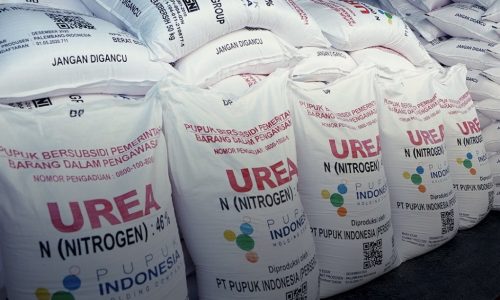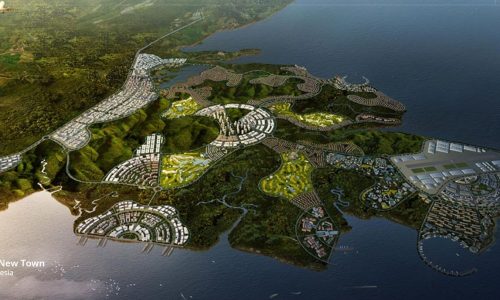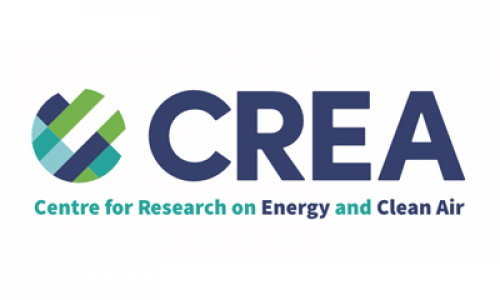Redma Wirawasta, Chairman of the Indonesian Association of Fiber and Filament Yarn Producers, estimates that the value of illegal textile imports in 2022 reached US$ 2.94 billion (IDR 43 trillion). Redma made this discovery by comparing trade records of Indonesian-Chinese textiles at the International Trade Center (ITC).
Redma noted that China’s textile exports to Indonesia reached US$ 6.5 billion in 2022, according to China’s General Custom Administration. In the same year, Statistics Indonesia (BPS) recorded textile imports from China at only US$ 3.55 billion.
“If we assume imports per container amount to IDR 1.5 billion, it is estimated that about 28,480 containers of illegal textiles enter the country annually, or approximately 2,370 illegal containers per month,” said Redma.
Redma also reported that the total consumption of textiles and textile products in Indonesia in the previous year amounted to US$ 16 billion. This means that illegal textile imports contribute up to 41% of the national textile market.
He further calculated that all textile imports throughout 2022 were equivalent to 800,000 tons or about 45% of the production capacity of small and medium-sized domestic-oriented garment industries. In other words, Redma believes that all imported products are equivalent to the loss of employment opportunities for up to 2.4 million people in the country.
Reasons for Indonesia’s vulnerability to illegal imports
- Global economic downturn
Jemmy Kartiwa Sastraatmaja, Chairman of the Indonesian Textile Association (API), pointed out that global trade is currently experiencing a downturn, including in the textile industry. This has led major textile-producing countries like China to seek new markets for their products.
- Potential market in Indonesia
Indonesia is seen as a potential market with the fourth-largest population in the world. Amid global slowdown, Indonesia has maintained economic growth and controlled inflation compared to other countries. According to BPS data, Indonesia’s economic growth in the first half of 2023 reached 5.17% with controlled inflation at 1.24%.
- Ineffective trade regulation
Jemmy emphasized that the Indonesian government needs to implement trade restrictions to prevent an influx of imported goods. Currently, many imported goods enter Indonesia through online and social commerce platforms.
“If we don’t cleverly set up trade barriers, this ecosystem will collapse, affecting the entire supply chain,” he said.
In response to these challenges, Teten Masduki, Minister of Cooperatives and Small and Medium Enterprises acknowledged the need for regulatory improvements to protect the domestic textile industry from the influx of imported products. He received feedback from industry players that existing regulations were insufficient to curb the influx of imported goods, which severely impacted both retailers and manufacturers, including in the textile sector.
To address this issue, the government issued a revised trade regulation, Permendag No. 50 of 2020, on September 26, 2023. This revision aims to provide more detailed regulations for online trade, including social commerce platforms.









